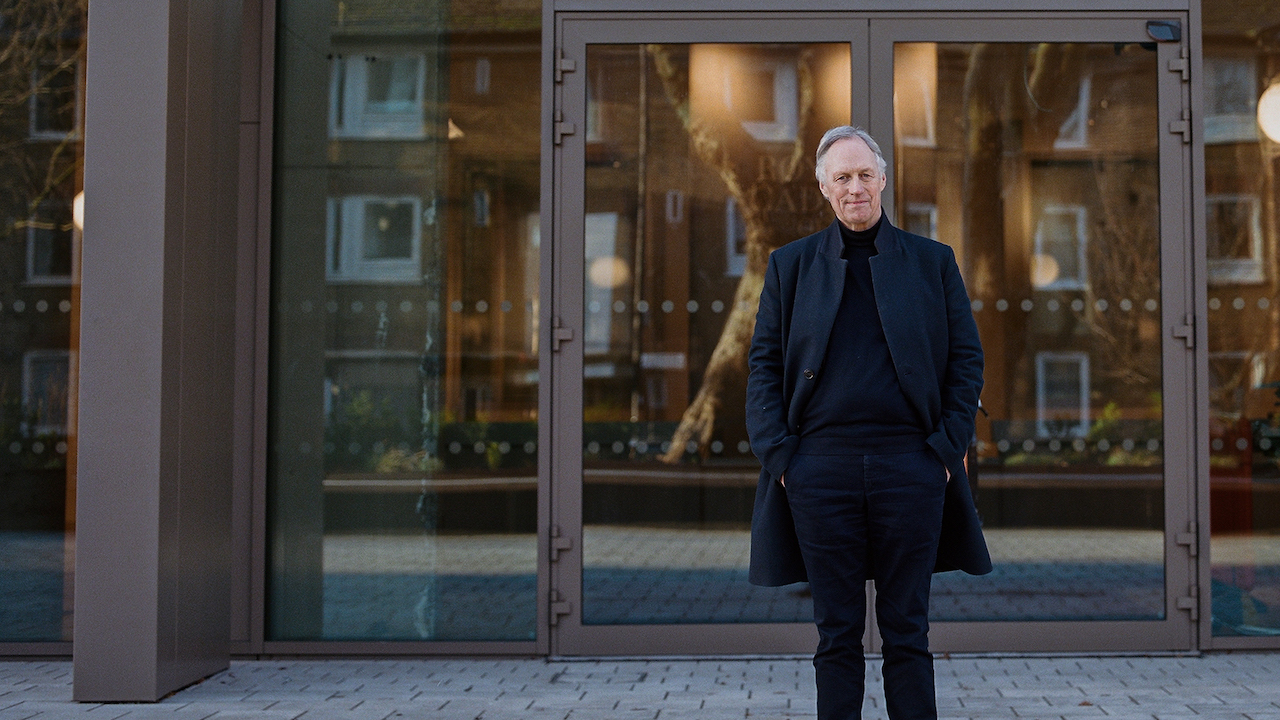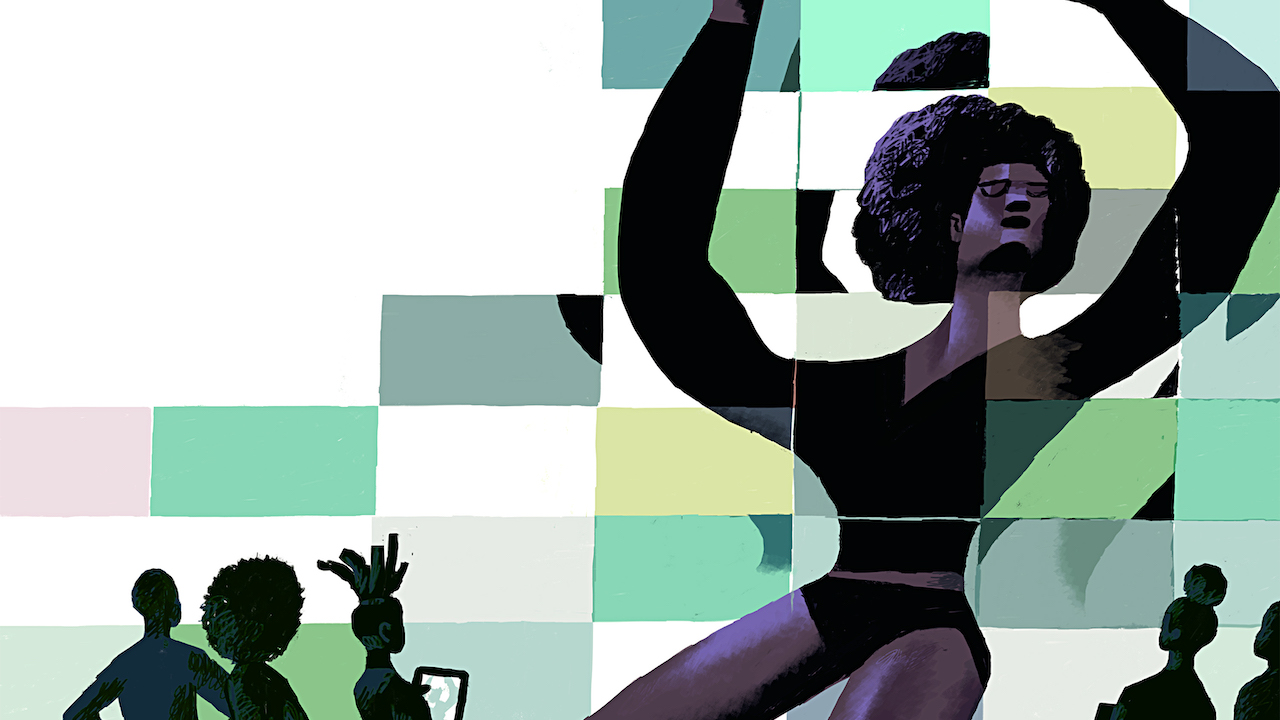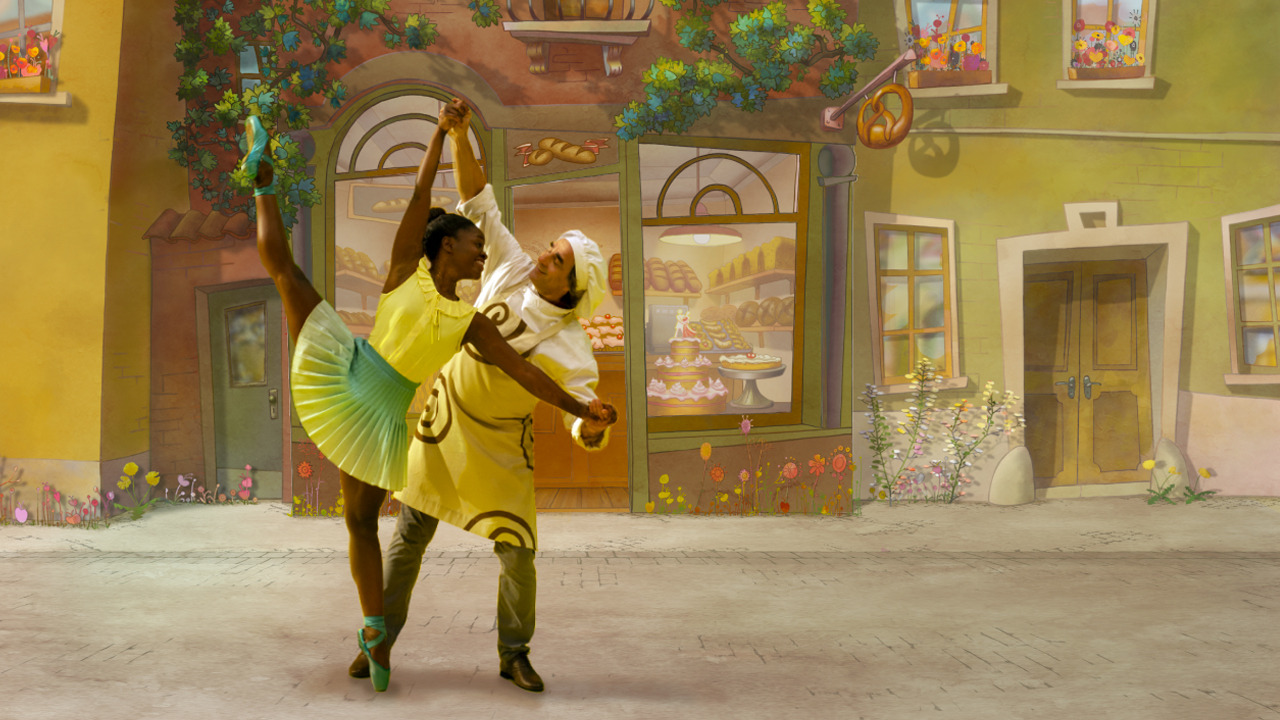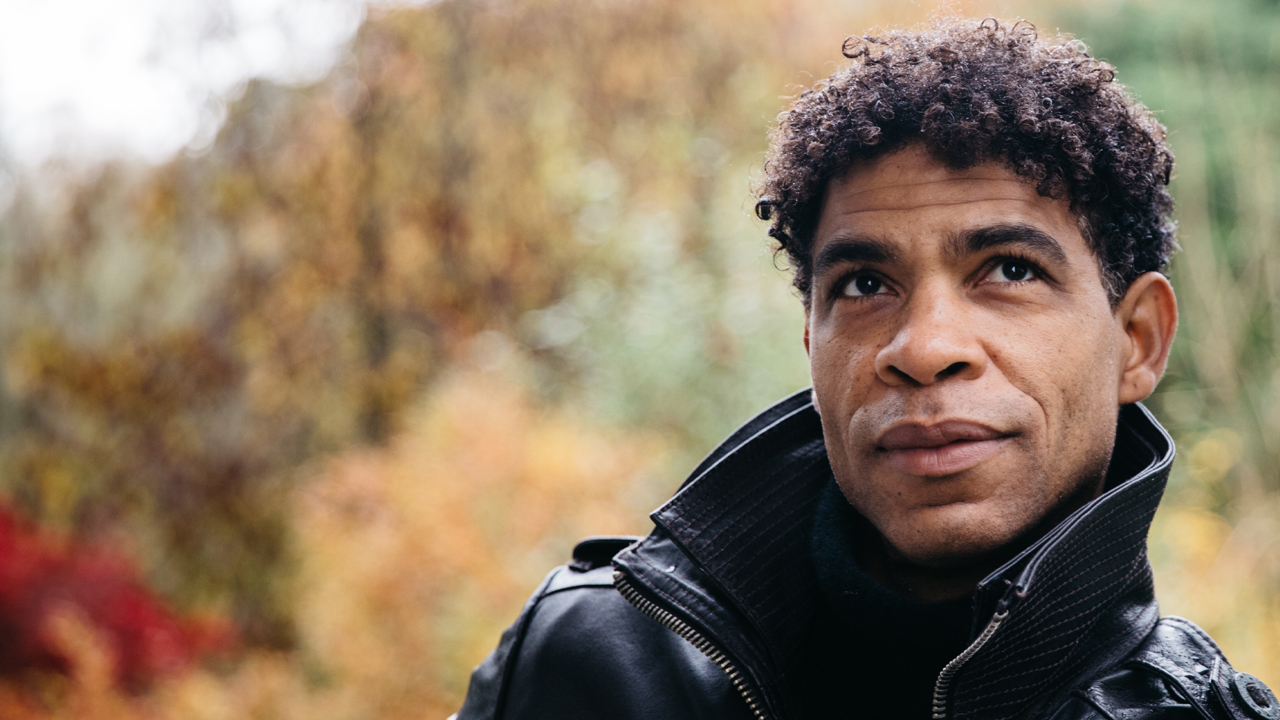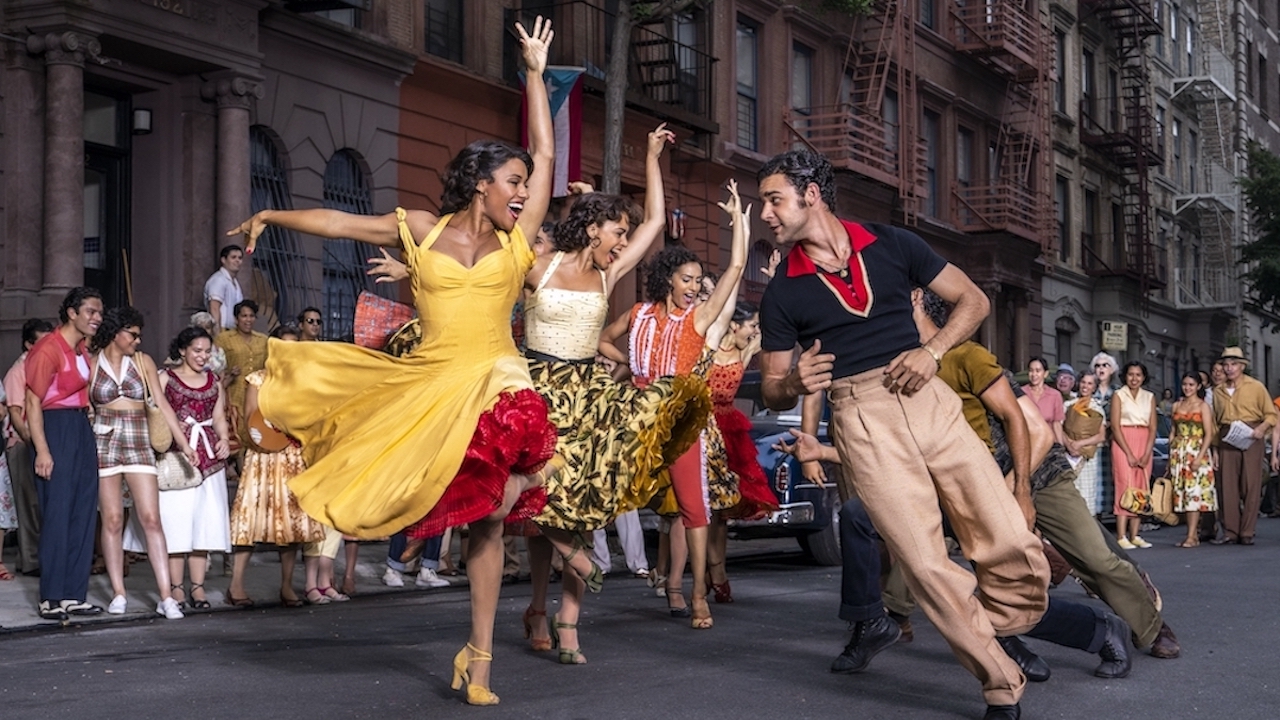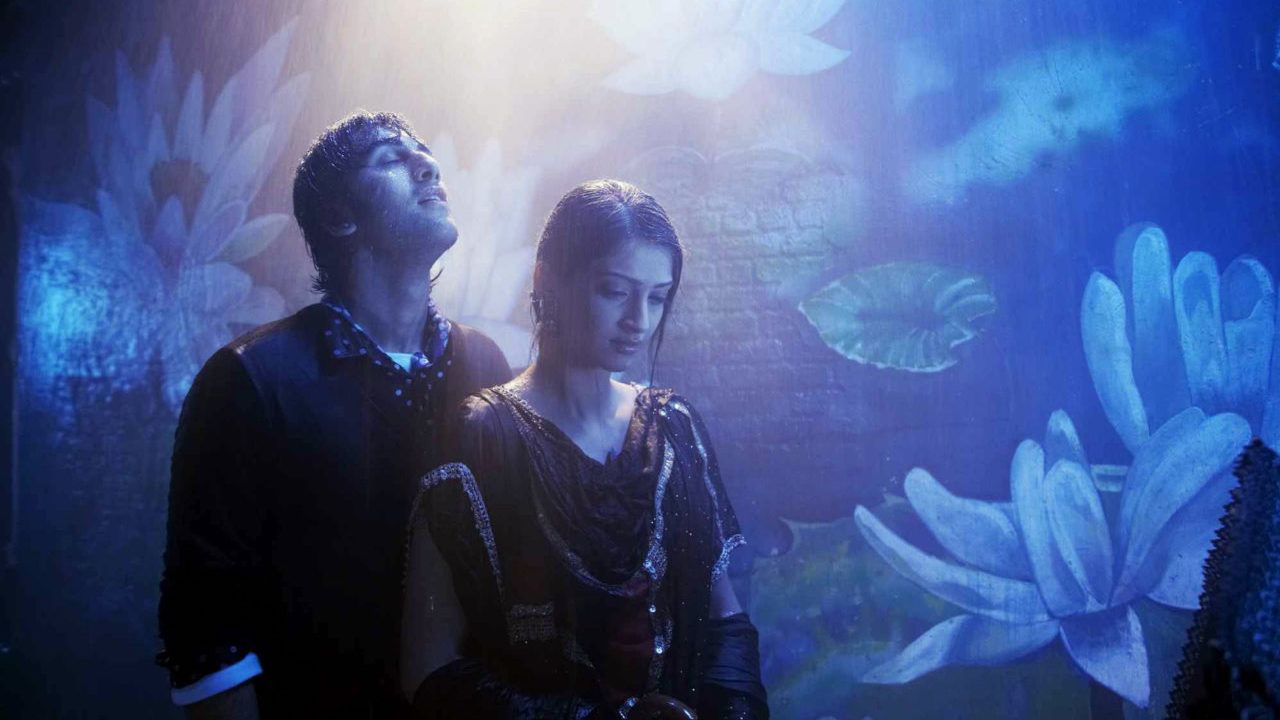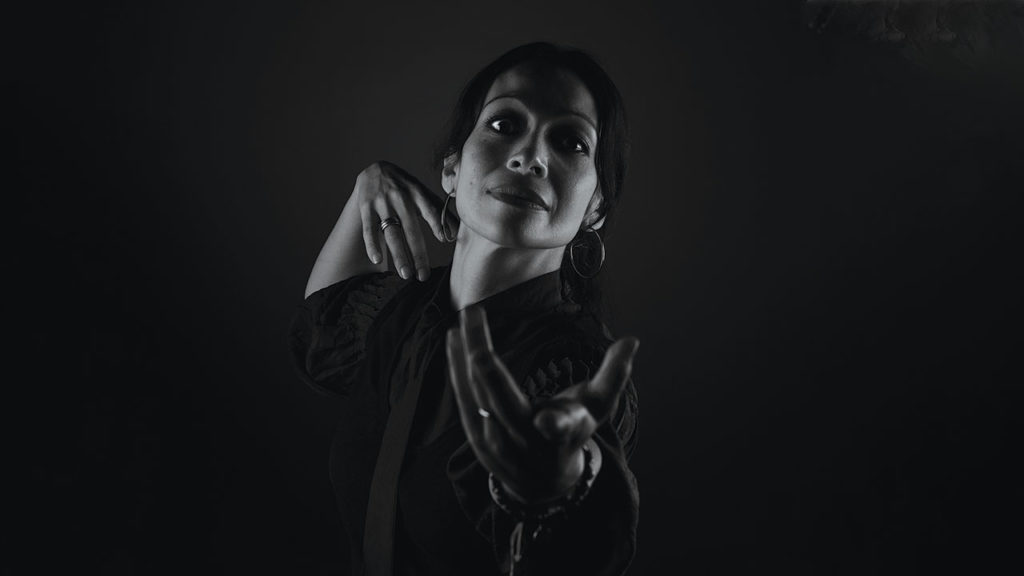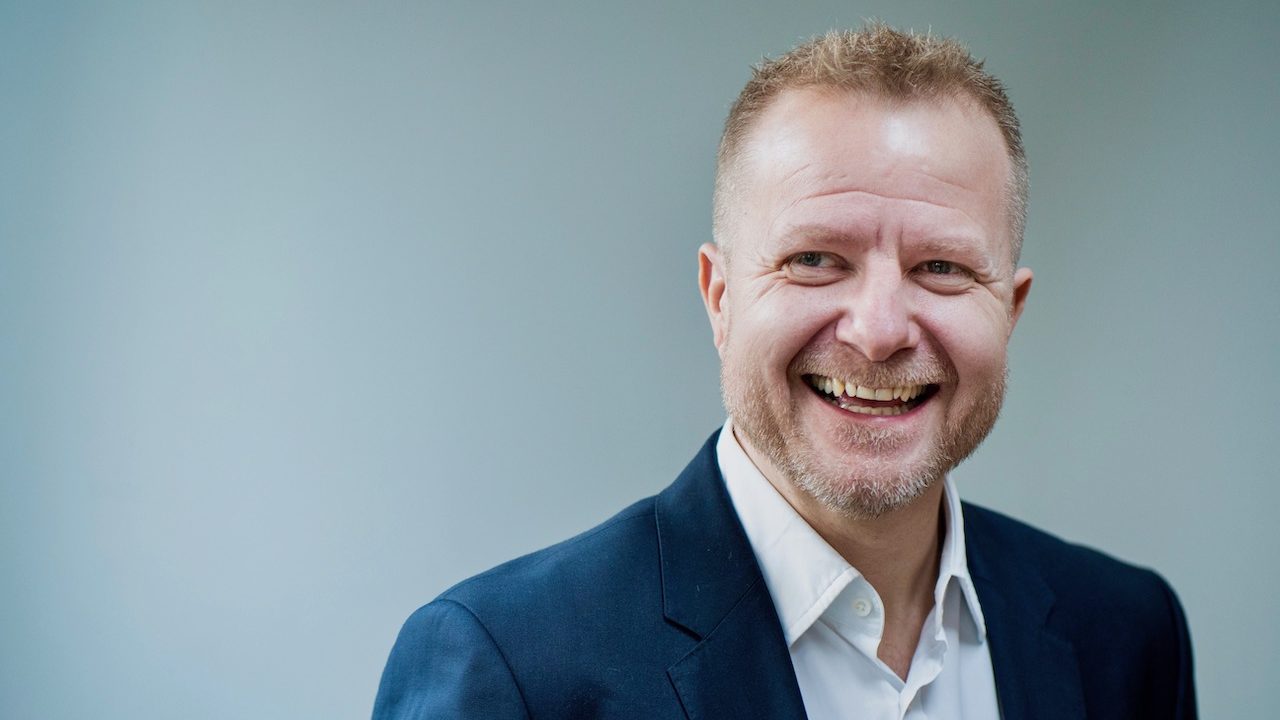Luke Rittner became Chief Executive of the RAD in 1999. Since then, the Academy has continued to expand its international reach, developed its Faculty of Education, and taken its flagship event, the Genée (now The Margot Fonteyn International Ballet Competition) to major cities around the globe. More recently, he has celebrated the RAD’s centenary, steered it through a pandemic and prepared to see it into a new London headquarters.
But what are his most treasured triumphs and memories? How does he see the RAD – and the arts in general – changing? Eight of the RAD’s National Directors put their questions to Luke.
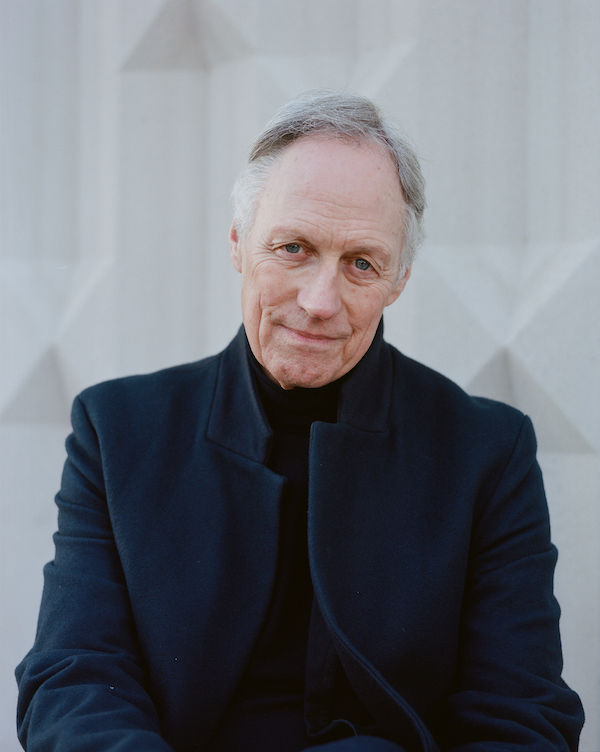
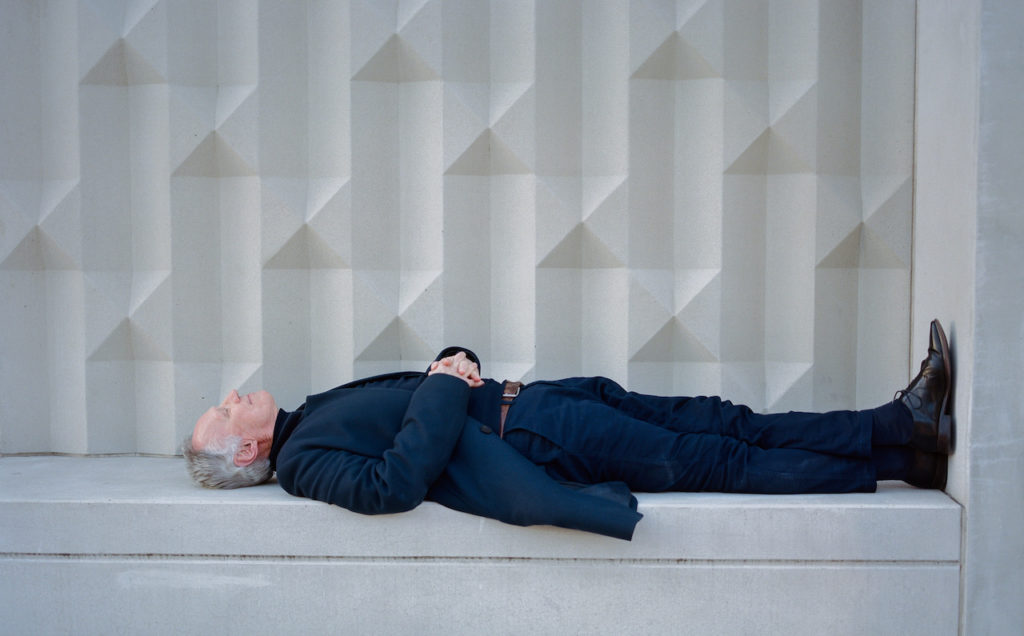
I have spent 21 of my 36 years with the Academy under your leadership, and know how much you have changed the RAD. Which of the changes is most dear to your heart?
— Maria do Carmo de Kenny, Brazil and South America
I’m quite proud of the name change – from Royal Academy of Dancing to Royal Academy of Dance – although it was met with considerable opposition. I was on the receiving end of some pretty robust letters!
But I’m most proud of taking the Genée (now The Margot Fonteyn International Ballet Competition) around the world, because it has been unbelievably successful. I thought, if we were an international organisation, why has our flagship event been in one place, London, for over 60 years? When I proposed it to the board it passed by only one vote, and after the meeting the chairman said: ‘you got what you wanted – but if it fails, you’re out of a job.’ It made an instantaneous difference – we’d never had more than 50 candidates in London, but in Sydney in 2002 we had 97, and sold out the Sydney Opera House. Steven McRae won the gold medal, and brought the house to its feet.
During your tenure, what events or moments gave you most pride?
— Mona Lim, Singapore
The Genée and Fonteyn, every year, provide moments of huge pride, delight and excitement. Within the RAD, I love the biennial conference, when our international colleagues come together at Cumberland Lodge in Windsor Great Park. And every two years, the Examiners Seminar – it’s completely amazing when you sit in a room with 250 examiners and hear their stories. These events are real high spots. They bring home the family feel of the organisation in a way that nothing else does.
One more specific experience was going to a little dance school in the basement of a teacher’s house in Guadalajara in Mexico. She focuses on encouraging boys to learn ballet, which in a pretty macho society is not easy. She laid on an exhibition class, with students ranging in age from seven to 17. They were working so hard and their trust in her was breathtaking. Afterwards, they all told me they couldn’t tell their parents or friends at school they came to ballet class once a week. The teacher collected and washed their clothes after class, because they couldn’t take them home. It was extraordinary and very humbling. I sat there with tears streaming down my face.
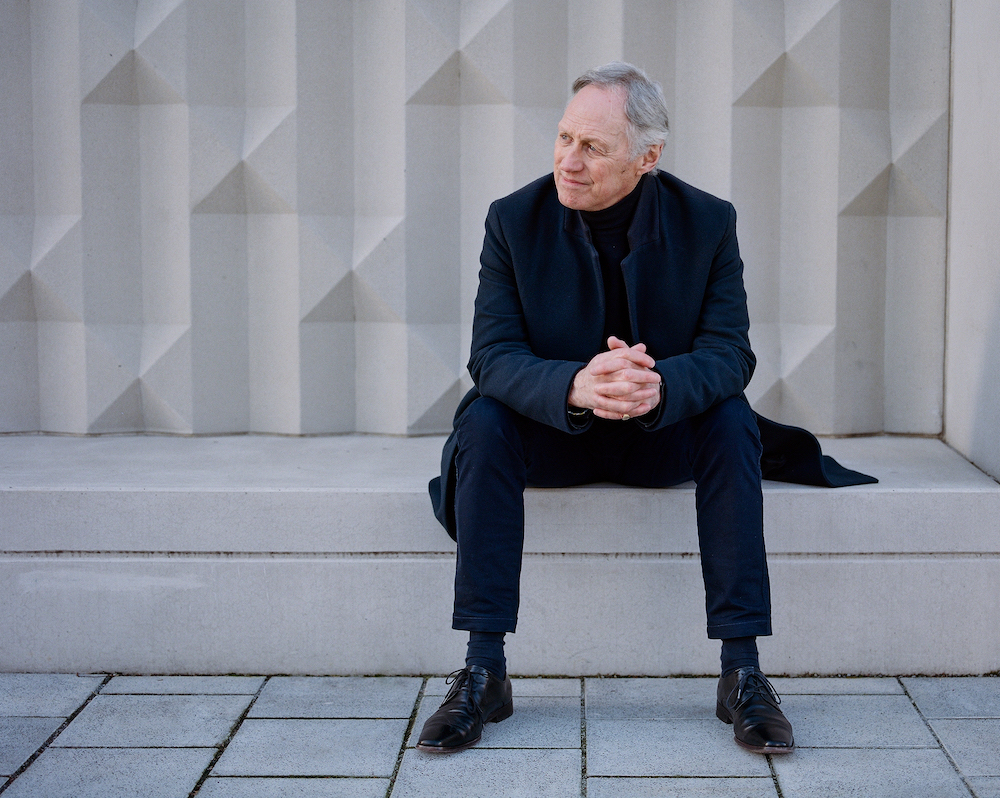
What was the most significant social change internationally during your time with the RAD?
— Bronwyn Williams, New Zealand
There’s no doubt the RAD is a very different organisation to the one it was 20 years ago, but most of the changes have been to do with the Academy. I did feel that the world had moved on while the Academy hadn’t. When I got the job, I told Deborah MacMillan, who was on the board of trustees, ‘I think they want me to bring the RAD into the 21st century.’ She said, ‘darling, try the 19th first!’ It was agonisingly insular, inward-looking and old-fashioned, and I don’t think you could apply those same adjectives today.
We don’t always recognise how much teachers have done. For example, since majority rule was established in South Africa, our teachers there have worked incredibly hard to reflect this in their classes. The Academy must also grasp and embrace the current emphasis on equality, diversity and inclusion, in a way we haven’t yet done. It’s become much more urgent.
There’s no doubt the RAD is a very different organisation to the one it was 20 years ago
You must have travelled the world at least twice for the RAD. Is there anywhere that you would love to revisit as a relaxed tourist?
— Diane C Bernard, Caribbean
I’ve been to 33 different countries for the RAD, and have had amazing times everywhere. I’ve probably travelled the world around six times, all in all. I never got to Thailand, where I’ve always wanted to go. But I’d like to go back to absolutely everywhere, in relaxed mode, because I could do some sightseeing.
I went to Laos about four years ago and fell in love with it. I had some amazing experiences in Jamaica. I’d love to go back to Mexico and Brazil – and I can never get enough of Australia.
What propelled you to bring about a dramatic change in our teacher training programme, establishing the Faculty of Education? And what will you miss most about the RAD?
— Tina Chen, China
The Faculty was actually created by my predecessor – in the teeth of opposition – and Joan White, the first Director of Education, started on the same day I did. She was absolutely extraordinary. She started work at 5am, every single morning except Sunday – she never stopped working. She created a university department at the RAD and I hugely admire her dedication, loyalty and the standard she set.
What will I miss? It’s the people and the travel. I just love meeting new people. People are not always easy – but they’re all interesting.
Over the two decades you have been at the RAD you’ve had many wonderful trips to
South Africa and Zimbabwe – what were the most memorable occasions?
— Olivia Lume, South Africa
About 10 years ago, the troubles of Mugabe’s regime in Zimbabwe were at their height. Our examiners were beginning to get nervous about going there and our insurance company wouldn’t insure us, so we decided we couldn’t continue doing exams in Zimbabwe. I wrote to our teachers there – and the replies were furious! One teacher’s husband wrote a letter full of expletives, accusing me of not daring to announce the decision face to face. So I decided to get on a plane and went there.
When I arrived in Zimbabwe with Olivia we were both quite nervous, because we knew how furious everyone was. The first meeting was in one of the teacher’s houses, in a very frosty atmosphere. Just as I was starting to explain myself, all the lights went out. People brought out candles and oil lamps – and in this much softer atmosphere, we talked and talked late into the night. I made 12 friends that night. We decided that we would do exams with examiners from South Africa, and it taught me how important it is to look people in the eye and try to make things work.
I also remember a teachers meeting in a remote part of South Africa. One very apologetic lady arrived late and explained, ‘I’ve driven for six hours to get here, and for the first two hours my husband had to tow me on the tractor because the road was washed away. And I have to get back to be on duty at my studio tomorrow morning.’ It was quite amazing.
Also in South Africa, we visited a township school, run by a couple of ex-dancers. They put on a display in a shack with a tin roof and earth floor. There were little faces looking in all the way round. I’m know I’m a softie, but it was so moving.
What will I miss? People and travel. People aren’t always easy – but they’re all interesting.
Where is the industry going: what are the next opportunities or challenges?
— Rebecca Taylor, Australia
Classical ballet needs to be relevant and must speak to today. It’s a challenge for the artform because it is so steeped in tradition. I am a horrible traditionalist in many ways, but tradition should be a jumping off place, not a prison cell.
You are a passionate champion of the arts. How should the RAD respond to the responsibility for the arts to evolve and remain relevant?
— Clarke Macintosh, Canada
The RAD must be even more open to community work and embrace the work on diversity. It will have to reconcile the demands of its membership with this wider reach.
Thinking about the arts is such a huge subject. Where do I begin? It’s so important that young people get introduced to any aspect of the arts. I’m passionate about it because it was all I had at school. I was useless academically, and the arts were a place of refuge. The arts can be a life-saver for so many people, as they have been for me.
The arts can be a life-saver for so many people,
as they have been for me

